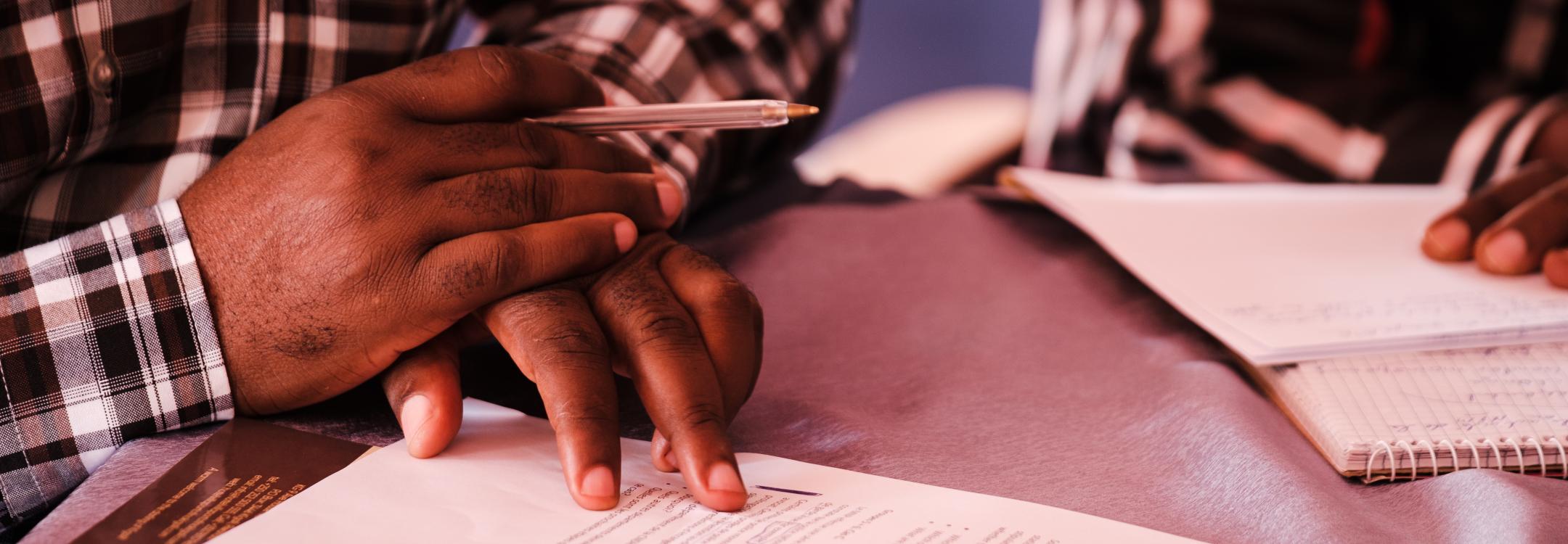Eko Novan Prasetyo Puspito, Head of the Subdirectorate for Economic Crime in the Special Crimes Unit at the Metropolitan Police, Jakarta, Indonesia, shares his experience when he first learned about investigative interviewing and how it changed his perspective on solving cases.
The challenge today, he says, is to change the mindset of detectives so the focus is on gathering reliable evidence. This will also help build public trust and confidence in the police.

